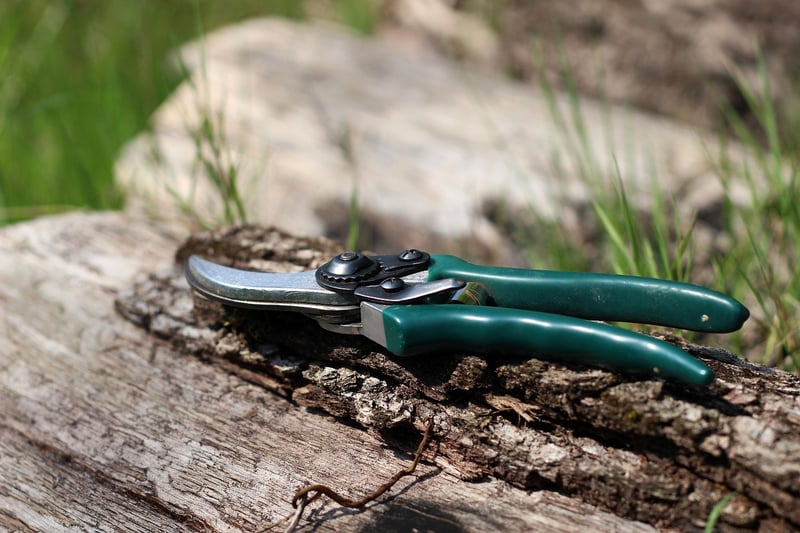Pruning Advice
Keeping Your Garden Pristine: Essential Pruning Advice

Having a beautiful garden requires effort and care, and one essential practice to keep it looking pristine is pruning. Pruning involves selectively removing parts of a plant to improve its health, shape, or fruitfulness. Here are some key pruning tips to help you maintain a picture-perfect garden:
1. Use the Right Tools
Invest in quality pruning tools such as sharp shears, loppers, and pruning saws. Clean and sharpen your tools regularly to ensure clean cuts that promote plant healing.
2. Know When to Prune
Understand the specific pruning needs of each plant species in your garden. Research the best time to prune, whether it's in the dormant season for trees or after flowering for shrubs.
3. Remove Dead or Diseased Branches
Regularly inspect your plants for dead, damaged, or diseased branches. Pruning these branches not only improves the plant's appearance but also prevents the spread of diseases.
4. Consider Plant Shape and Growth Habit
When pruning, consider the natural shape and growth habit of the plant. Aim to enhance its natural form rather than forcing it into an unnatural shape.

5. Don't Overprune
Avoid overpruning, as it can stress the plant and inhibit its growth. Follow the general rule of not removing more than a third of the plant in a single pruning session.
6. Prune for Plant Health
Pruning should prioritize plant health and vitality. Focus on removing crossing or crowded branches to improve air circulation and sunlight penetration within the plant.
7. Seek Professional Help if Needed
If you're unsure about how or when to prune specific plants in your garden, don't hesitate to seek advice from a professional arborist or horticulturist.
By following these pruning tips and techniques, you can ensure that your garden remains healthy, vibrant, and visually appealing throughout the year.
Remember, pruning is both a science and an art, so take your time, observe your plants' needs, and enjoy the process of caring for your garden!
